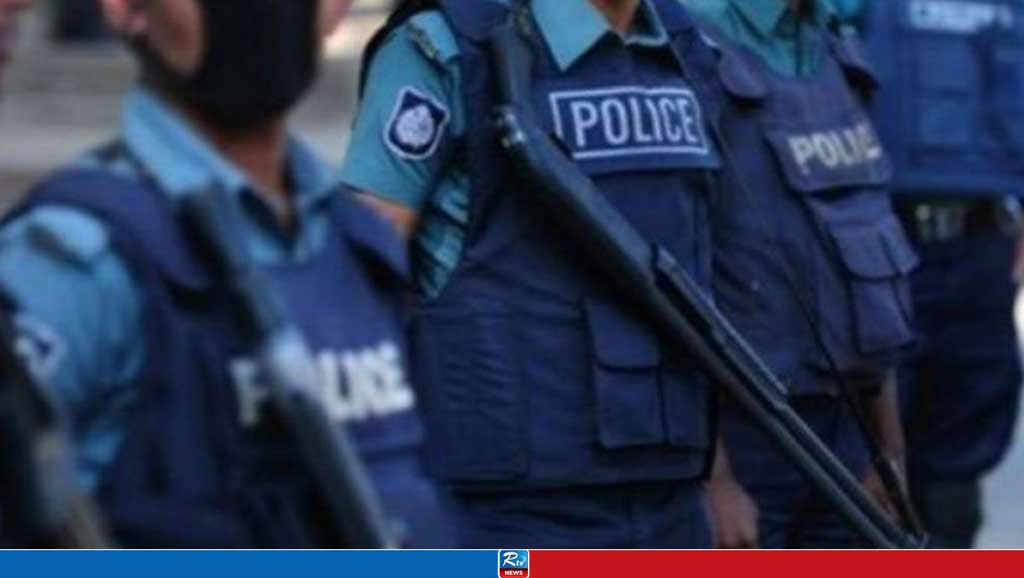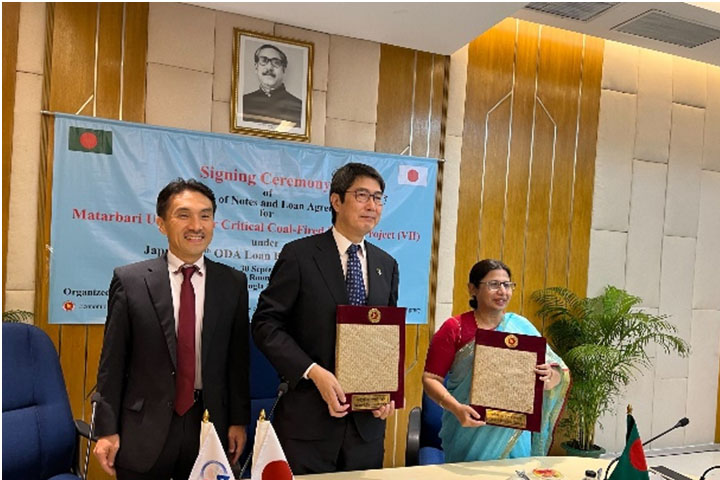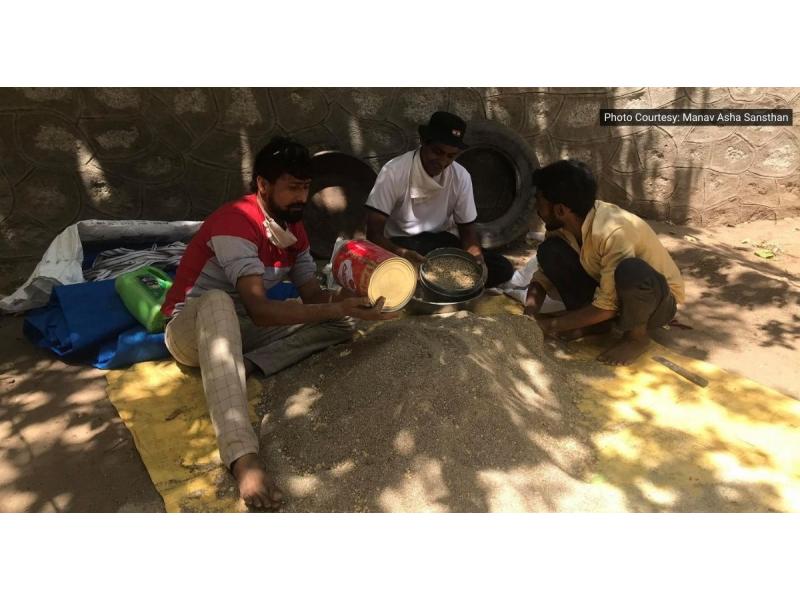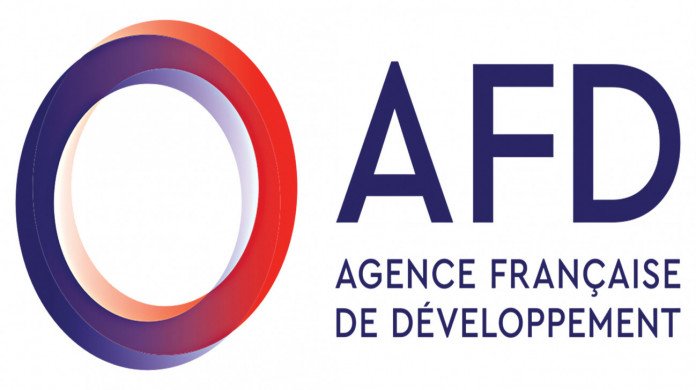Remarkable 'ant cities' in Rajasthan provide lessons in environmental protection
For centuries, deeply-rooted traditions and unique cultural practices have helped conserve and manage the environment, ecosystems and biodiversity in India. With this historical and sociocultural context, one can witness in quiet fascination how multitudes of people in Rajasthan care for ants in a conservation effort and even arrange for food for them daily. Though some may deem that the practice of feeding ants is immersed in superstition, it's widely believed that this tradition stems from a community-centric concern for the environment.
Every village, town and city in Rajasthan resonates with this conservational ethos, and people are dedicated to providing ants with sustenance. There are plenty of small and big spaces in every village that are demarcated specially for insects. Local residents call these areas 'kidi nagara', which loosely translates to city of ants.
Hiraram, assistant professor at the Zoology Department of Jodhpur's Jainarayan Vyas University, told 101Reporters: "Kidi nagara are present throughout the state, and people of the community feed the ants every day. The simple act of providing food grains to the ants is called kidi nagara seenchna, which loosely meaning in local language to feeding the ants. Because of this, insects are found in abundance everywhere.
"Ants play a vital role in the ecosystem. They are the primary consumers and feed directly on plants. Insects survive by eating these ants. Carnivorous birds higher up on the food chain derive nourishment by eating ants and insects. These birds play a crucial role in pollinating crops in the fields and also feed on insects that damage the crops. In fact, birds are found in abundance around kidi nagaras and provide a natural balance to biodiversity."
Community-driven initiative
People visit these grounds daily with reverence and feel 'blessed' to feed the insects flour, pulses, millets, rice and sugar. In Nimbawas village of Jalore district, the kidi nagara is spread over 150 bighas of land, where locals and even people from distant districts come to feed the ants.
Hiralal Bhati, a resident of Nimbawas, told 101Reporters: "Due to kidi nagaras, there are many birds in our village. Over time, we learnt how important insects are to the ecological balance of this region. We treat feeding the insects as a virtuous act."
The kidi nagara of Nimbawas is on government land. However, in Singari village of Pali district, their insect haven of about 50 bighas belongs to the villagers, which they neither use nor think of selling.
Professor Hiraram told 101Reporters: "All the kidi nagaras are located in uninhabited places, unhindered by human activity. It shows that even centuries ago, our ancestors understood the importance of the natural habitat of all living beings. In the absence of human encroachment, ants and insects have a protected space where they can thrive without threat."
Several organisations and religious ashrams collect grains in large quantities and transport them to the insect cities. Every year, a stock of grains is collected for the ants at the Kishandas Maharaj Ashram in Chharsa village of Jaipur district's Manoharpura area. Here, villagers voluntarily donate food grains.
"Last year, 2,051 quintals of food grains were collected in the ashram, as well as coconut, sugar and jaggery. These were later sent to temples in different places," said Krishnakumar Verma from Manoharpura. "The temples distribute the grains to kidi nagaras throughout the year."
In 2020, due to Covid restrictions, villagers could not donate food. But in 2021, the donations doubled. In Shivganj of Sirohi district, 250 people set up Manav Asha Sansthan.
Bhairu Kashyap, a worker at the institute, said: "We organise various acts of service in line with the ecosystem of the ants. Before the rainy season, we visit the kidi nagaras and leave many quintals of food in the anthills, so that they are provided for during the rains. We make balls of cereals, grains, sugar and coconut and stuff them in the anthills."
Speaking to 101Reporters, Bhagwataacharya, Pandits who told the story of Shrimad Bhagwat Pandit Satyapal Parashar explained that their ancestors associated all forms of flora and fauna with faith, belief or a deity to protect them.
"Elevating them to reverence made common people regard every being with inherent respect and dignity," he added. "Our elders also understood that despite being tiny creatures, ants contribute immensely to the environment. This is how the tradition of giving them food developed. Our scriptures emphasise the importance of giving food to all living beings, which also gives the benefactor a sense of purpose."
Corrie Moreau, noted biologist as well as professor, director and curator of the Insect Collection Department at New York's Cornell University, majored in myrmecology, the study of ants. She believes that "ants are the engineers of our ecosystem" and "without ants, the world would not be a very good place to live in" given the vital role they play in soil health, crop production, decomposition and the spread of seeds.
In research conducted abroad, scientists have found that the population of many species of insects have nearly halved, which calls into question the future of the planet. In fact, a report published in National Library of Medicine, in February 2019 projects a grim future: more than 75 per cent of decline in total flying insect biomass in protected areas globally over 27 years.
Though its origins cannot be determined, the tradition of feeding ants is commonplace in different states of north India. Padma Shri Himmat Ram Bhambhu, an environmental activist from Nagaur, considers kidi nagaras enormously essential to the ecosystem.
"If there are no such nagaras, many insects and birds will be endangered," Bhambhu said. "Today, numerous species of animals, birds, trees and plants are approaching extinction. It's because of a lack of genuine interest in conserving them. Kidi nagaras and other such traditions are a step in the right direction and should be preserved."
Source: National Herald
01 Jul 2022,17:56



















 Live Tv
Live Tv









